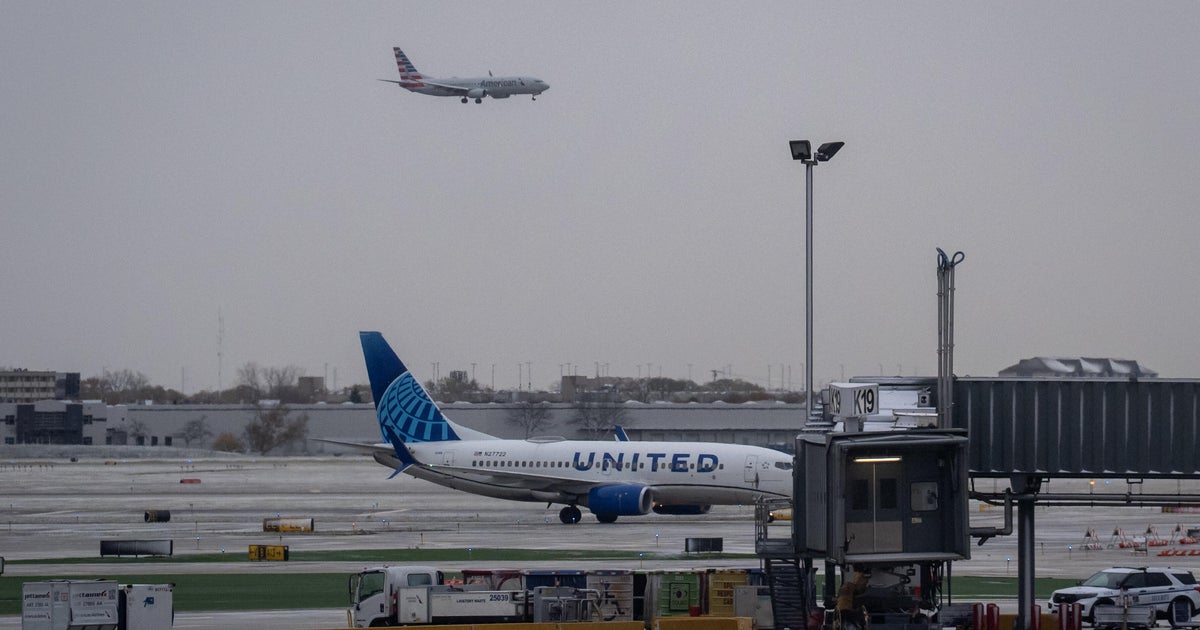Judge halts Trump and Barr law enforcement report, citing commission's lack of diversity
A federal judge's ruling on Thursday stopped next month's expected release of a report from a presidential commission created to study American law enforcement. Judge John Bates ruled that the commission, comprised solely of current and former law enforcement officials, lacked the diversity necessary to address issues plaguing policing.
None of the 18 commissioners appointed to "study a broad range of issues regarding law enforcement and the criminal justice system," and then make recommendations to the president through the report, have any background in "criminal defense, civil rights, or community organization," Bates noted in his decision.
"Especially in 2020," Bates wrote, "when racial justice and civil rights issues involving law enforcement have erupted across the nation, one may legitimately question whether it is sound policy to have a group with little diversity of experience examine, behind closed doors, the sensitive issues facing law enforcement and the criminal justice system in America today."
The court ruled in favor of the NAACP Legal Defense Fund (LDF), which brought a lawsuit against both the commission and Attorney General William Barr. LDF argued that the government had violated the Federal Advisory Committee Act (FACA), which requires transparency and "fairly balanced" membership on advisory committees. LDF alleged that it was "denied access to representation on the Commission," by the government, and did not have an opportunity to formally apply for Commission membership.
Bates concluded that the government did not satisfy the obligations of "forming and conducting a commission in 2020 to examine the sensitive and important issues affecting American law enforcement and the communities they serve." The court thereby ordered that "Commission proceedings be halted — and no work product released — until the requirements of FACA are satisfied."
"Any federal committee designed to make recommendations about law enforcement must include representation from people and communities impacted by police violence, civil rights organizations, the criminal defense bar, and other stakeholders," Sherrilyn Ifill, LDF's President and Director-Counsel, said in a statement following Bates' decision.
Barr established the "Presidential Commission on Law Enforcement and the Administration of Justice" in January, following an October executive order from President Trump.
Months later, George Floyd died after a Minneapolis police officer kneeled on his neck for more than eight minutes, sparking a mass call for reform. Over the following three months, from May 26 to August 31, police continued to kill Black men and women at disproportionate rates. According to the U.S. Census Bureau, Black people make up roughly 13.4% of the U.S. population — but they accounted for about 20% of people killed by police during that time period.
In announcing the commission in January, Barr wrote that the "most troubling" issue facing police is the "continued lack of trust and respect for law enforcement that persists in many communities." Adding, "So while it is important that we always strive to better our police, police also deserve better from us. Nobody wins when law enforcement do not have the trust of the people they protect."
Barr noted that "at its core," the commission "is for law enforcement and the purpose of bettering the profession," but also said that it would "hear from voices and consult perspectives outside" the profession. "Civil rights organizations, civic leaders, defense bar associations, victims' rights organizations, and community organizations, should and will help this important mission. They will have opportunities to provide advice, counsel and input to the Commission in its study of the relevant issues and solutions," he wrote.
Bates wrote that he was "hard pressed to think of a starker example of non-compliance with FACA," which requires a fair balance of viewpoints, than the commission composed by Barr. Thursday's ruling puts the commission's near-complete report on hold until it satisfies the requirements under FACA.
"The Commission's disregard of nearly all of FACA's requirements was an egregious violation of federal law," said Natasha Merle, senior counsel at LDF.
"Amid a national policing crisis, we need to focus more attention than ever on reshaping how this country approaches public safety," Merle said. "This requires meaningful engagement with the public, and with all interested stakeholders. Today's ruling ensures that the government will not be able to evade the law to pursue a skewed agenda."



